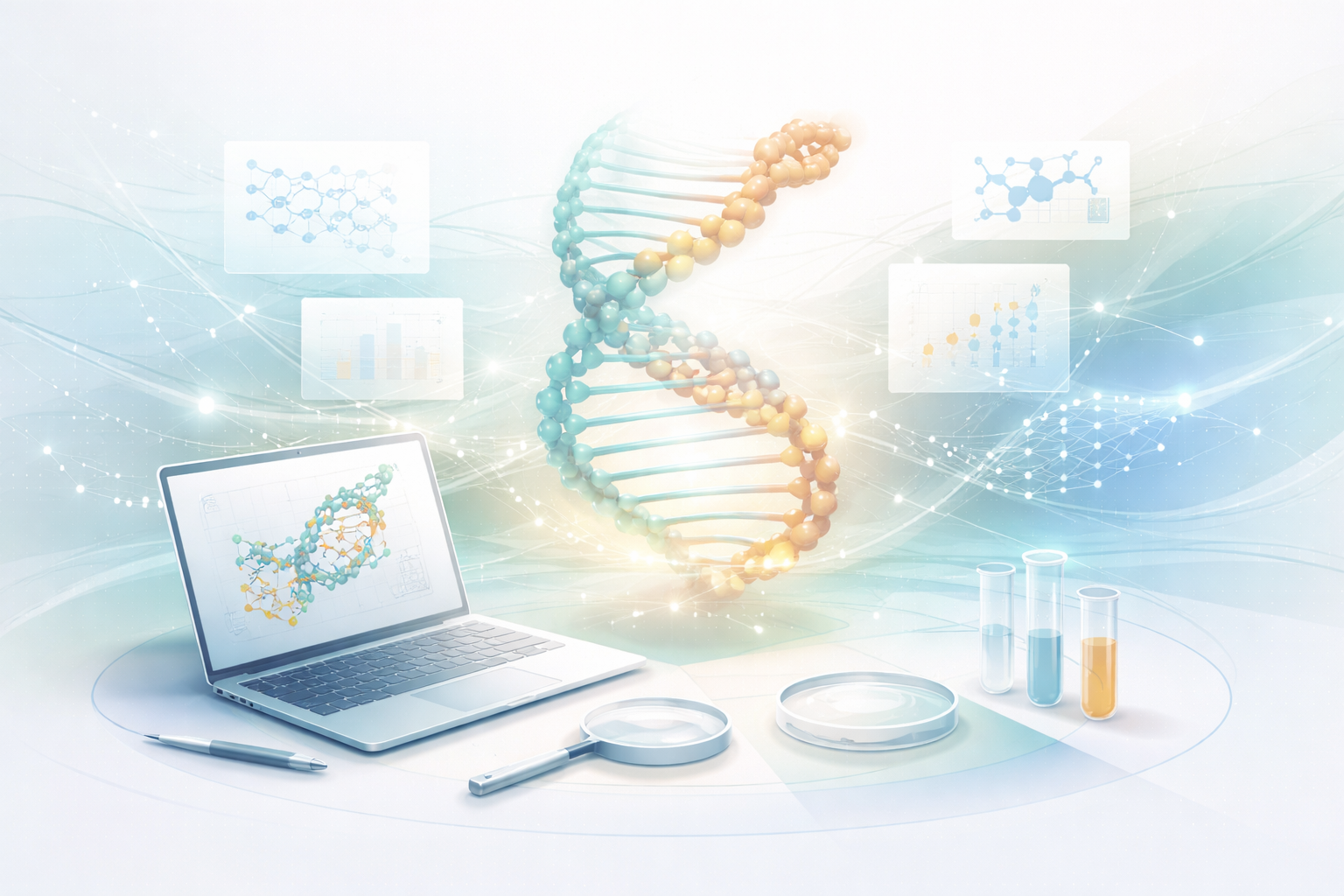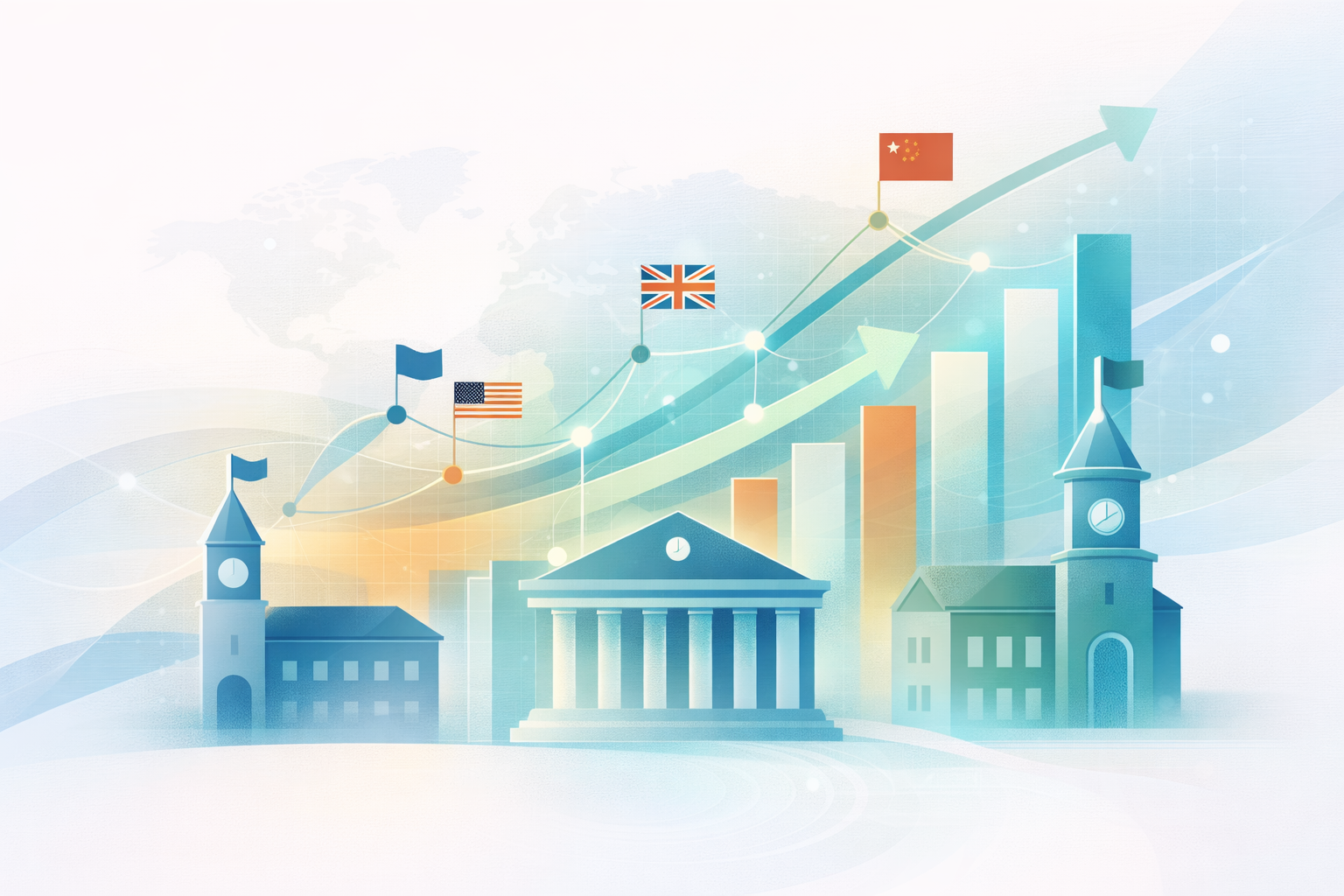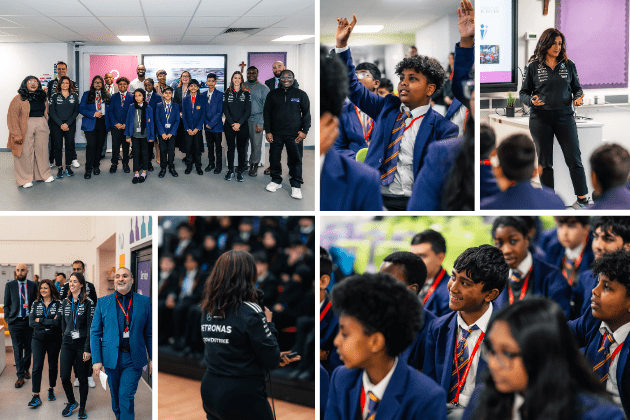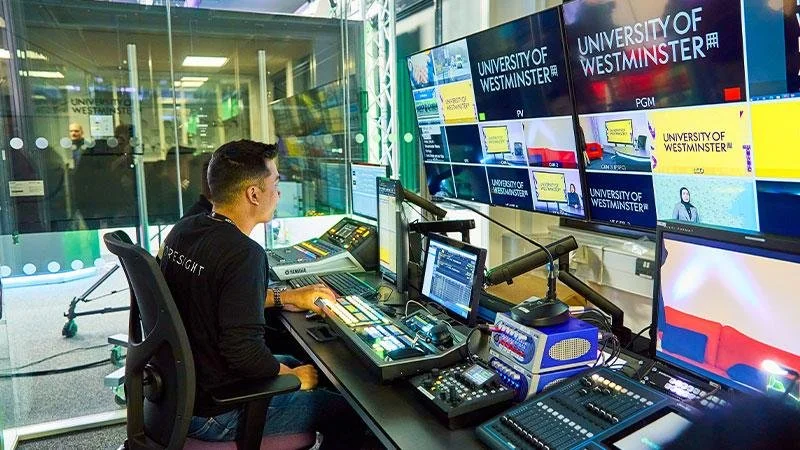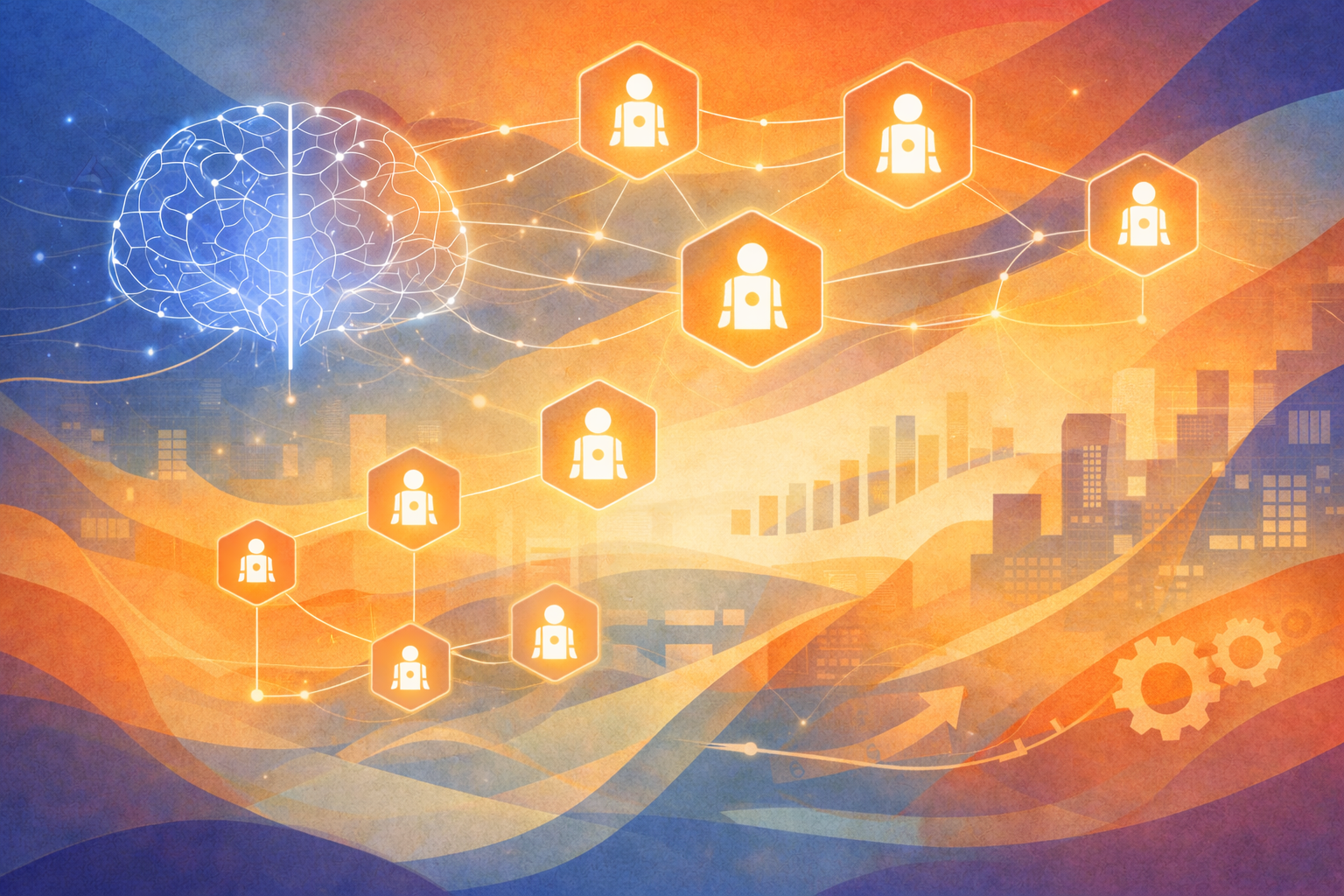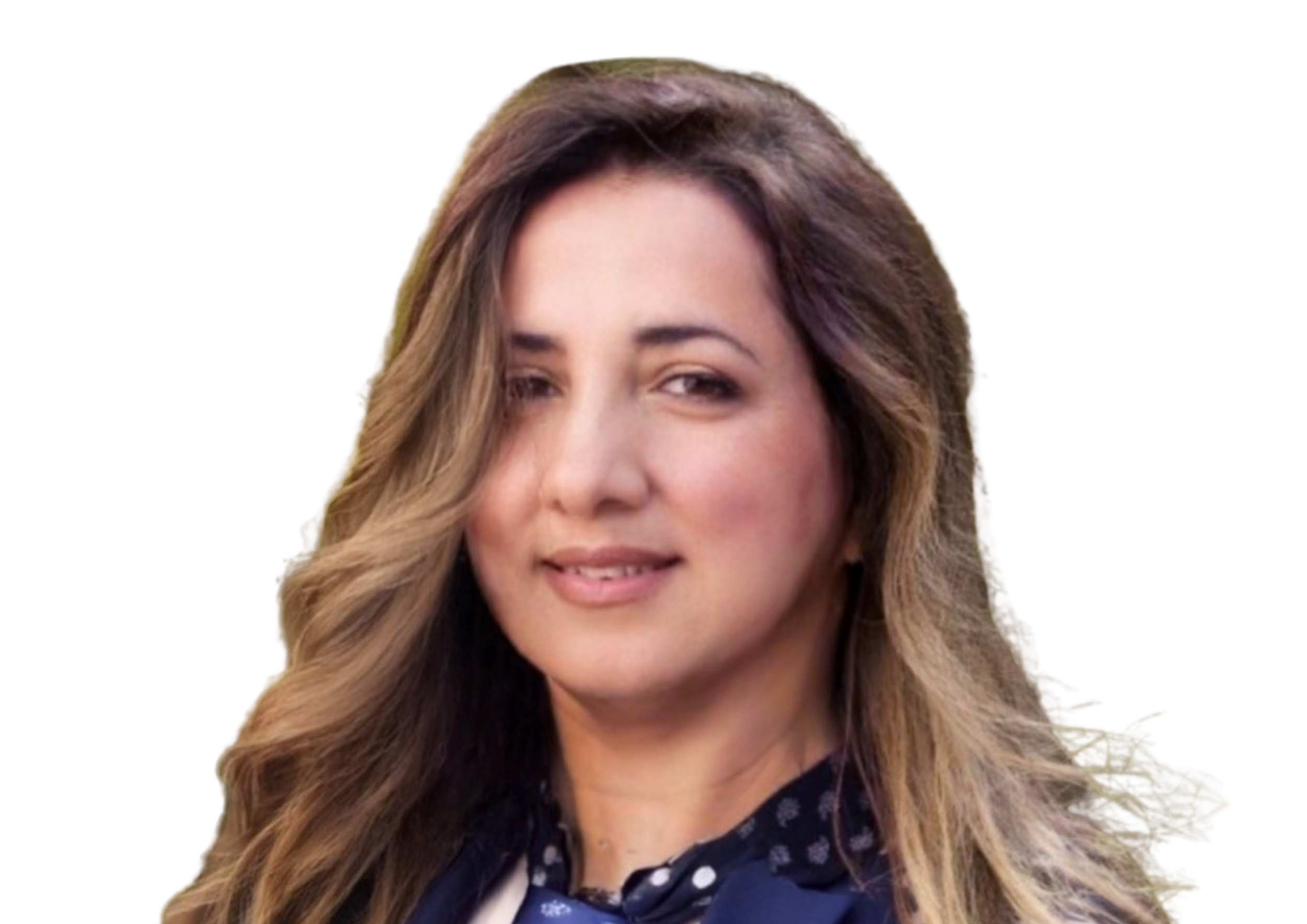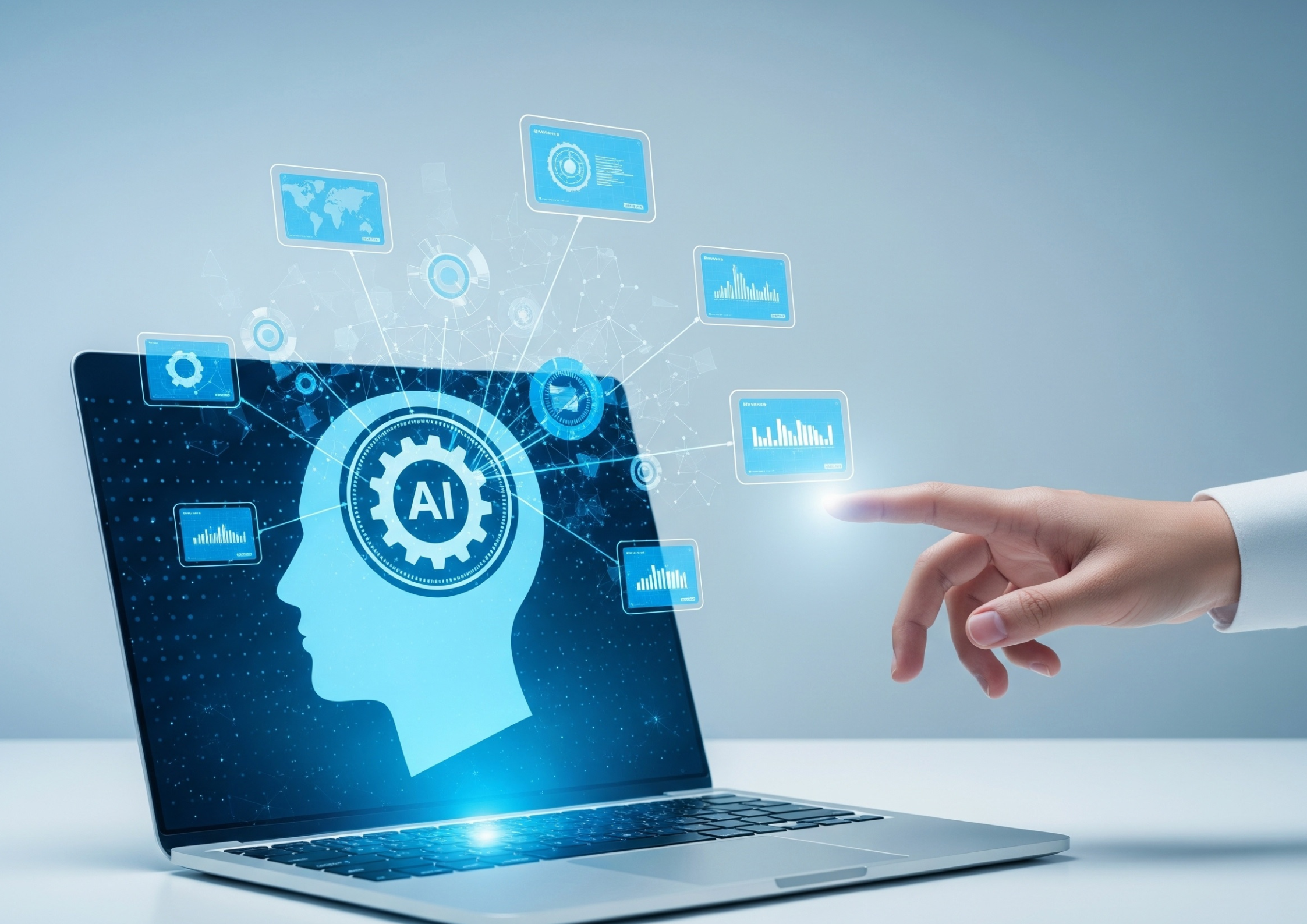Textgain develops AI tool to detect hate speech in all European languages
Textgain is advancing efforts to combat online hate speech and disinformation with its new project, CaLICO. The AI company originating from the University of Antwerp is currently developing the new AI tool, which will be the first to detect hate speech across all official European languages.
CEO Guy De Pauw explained the unique challenge their project addresses:
"Large language models, especially commercial ones, refuse to process toxic language. This makes it almost impossible to use them to process hate speech.
“We are now building a language model from scratch that can process this type of content — but without generating it. That's what makes us different."
Textgain recently gained significant recognition as one of the winners of the Large AI Grand Challenge, a competition for European AI developers. The competition, which featured 94 international companies, awarded Textgain €250,000 and two million hours of development time on a European supercomputer. The winnings will help to expedite the training of their new AI model.
COO Redouan el Hamouchi highlighted the importance of multilingual capabilities:
"In our digitalised world, there is a growing need for advanced tools to moderate content. Multilingualism is essential in this respect. We are pleased that we can train our application faster, so that it can handle different languages and cultures within the European Union."
Over the next year, Textgain will focus on developing the AI 'Hate Speech' model, a project valued at several million euros. Following this, the company plans to expand internationally and further develop its SaaS applications, aiming to establish itself as a market leader.
De Pauw underscored Textgain's distinct position in the AI market:
"We have a unique position in the saturated market of AI providers. Firstly, because we are developing our own language model, instead of building on existing AI models. This immediately positions us alongside major players such as OpenAI, Google, and Meta.
We also distinguish ourselves through our academic approach. We work together with policymakers, security services, social organisations and scientists. Reliability and precision are important rather than generic solutions and unrealistic promises."
Textgain is committed to responsible and ethical AI development. "The European Union has set strict standards," said De Pauw. "The technology must be transparent, explainable, and ethical. These values are also in our DNA. It’s the only way to give people confidence in new technology."
El Hamouchi reiterated this commitment:
"Our strong ambition also reminds us of our enormous responsibility. That is why we do everything we can to ensure that we meet the highest ethical standards. We are building and will maintain very strict processes to protect privacy."






